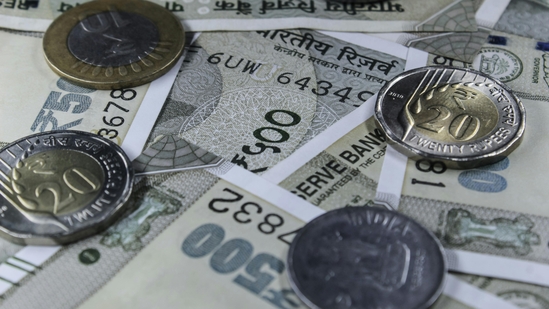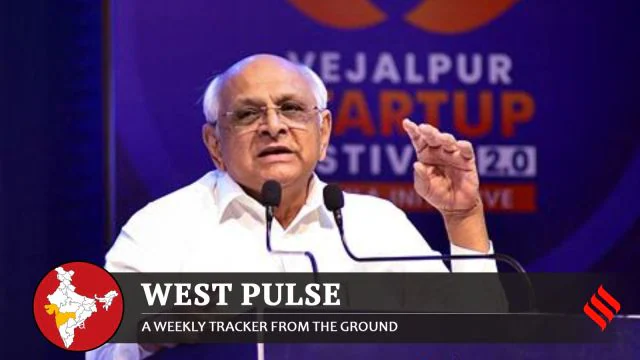The 8th Pay Commission is likely to introduce a big salary boost for central government employees and pensioners, with the reforms set to be introduced by 2026 or 2027. This is a big relief for nearly 50 lakh central government employees and 65 lakh pensioners who are waiting for a big jump in their monthly pay.

Potential Salary Increment and Fitment Factor
The increase in salary that has been proposed can reach up to ₹19,000 per month for certain employees based on their prevailing pay scale as well as the ultimate suggestions of the 8th Pay Commission. The fitment factor that is responsible for the salary revision is likely to be raised from the present level of 2.57 to approximately 1.92 to 2.57. If the increased fitment factor is sanctioned, a middle-level employee who is paid ₹1 lakh a month could have their salary increase to between ₹1.14 lakh and ₹1.18 lakh.
The fitment factor is a multiplying factor that is used to determine the basic pay of government staff as per the Pay Commission recommendations. In the 7th Pay Commission, the fitment factor was fixed at 2.57, which led to a huge salary increase when it was introduced in 2016. If the 8th Pay Commission fixes the fitment factor near 2.57, it may lead to a similar high salary rise.
Effect on Allowances and Pensions
In addition to the fundamental salary, additional allowances like Dearness Allowance (DA), House Rent Allowance (HRA), and travel allowance are also likely to be modified. The DA alone could again enhance the employees’ take-home salaries. Pensioners too would stand to gain with the hike in the fitment factor, and their pensions in a month will increase along with the new salary of existing employees.
At present, the Dearness Allowance stands at 50%, and the 8th Pay Commission may recommend further adjustments to account for inflation and rising costs of living. An increase in HRA is also likely, which would directly benefit employees living in metro and urban areas where housing costs are high.
Timeline and Implementation
The official notification and suggestions from the 8th Pay Commission will be made in 2026 or early 2027. The government will probably constitute a committee to assess the prevailing economic situation, inflation levels, and the fiscal burden before deciding on the new pay scale. If sanctioned, the new salaries and pensions may be introduced shortly after the submission of the report by the commission.
The 7th Pay Commission, implemented in January 2016, saw an average hike of 23% in salaries and allowances for government workers. If the 8th Pay Commission takes a similar route, central government workers and pensioners may witness a significant change in their economic status.
Conclusion
The forthcoming 8th Pay Commission is likely to bring a huge hike in the pay and allowances of central government employees and pensioners. With the increase in the fitment factor and revision of allowances, the employees are likely to see a huge hike in their monthly pay. The final report and implementation schedule will be subject to the economic condition and government sanction.





